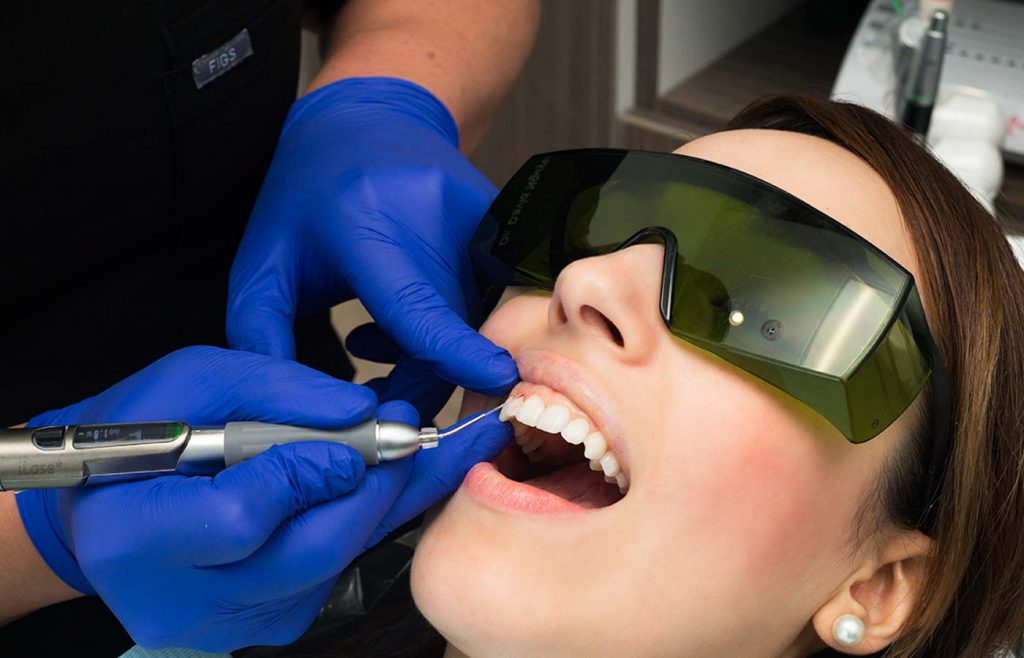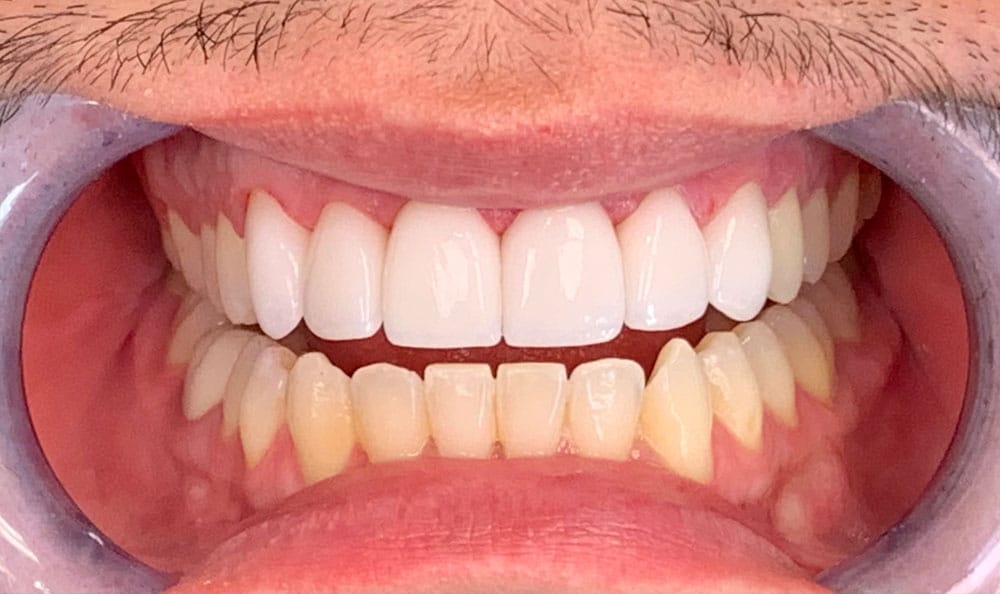What Is The Dental Crown Procedure And How Does It Work?
When it comes to restoring damaged or decayed teeth, dental crowns have proven to be an effective and popular solution. This article will delve into the dental crown procedure, explaining what it entails, how it works, and why it is a preferred choice for many individuals. Additionally, we will briefly touch upon the topic of dental implants and how they relate to the dental crown procedure.
What Are Dental Crowns And Their Purpose?
Dental crowns are custom-made caps that are designed to encase damaged or decayed teeth, restoring their functionality and appearance. They are commonly used to protect weak teeth, restore broken or severely decayed teeth, hold dental bridges in place, and cover Dental Implants Near Me. Crowns are typically made from durable materials such as porcelain, ceramic, or metal alloys, ensuring a long-lasting and natural-looking restoration.
The Dental Crown Procedure: Step-By-Step Process
The dental crown procedure involves several steps, each aimed at achieving a successful and comfortable restoration. Here is a breakdown of the typical process:
Consultation and Examination: Your dentist will thoroughly examine your teeth and oral health to determine if a dental crown is the right treatment for you. X-rays may be taken to assess the extent of damage or decay.
Tooth Preparation: The tooth receiving the crown will be reshaped and prepared. This involves removing any decayed or damaged areas and shaping the tooth to ensure a proper fit for the crown.

Impression: An impression of the reshaped tooth will be taken using dental putty or digital scanning technology. This impression serves as a guide for the creation of your custom crown.
Temporary Crown: While waiting for your permanent crown to be fabricated, a temporary crown will be placed over the prepared tooth to protect it.
Crown Placement: Once the permanent crown is ready, your dentist will remove the temporary crown and place the new crown over the prepared tooth. The fit and appearance will be assessed, and necessary adjustments will be made.
Finalizing the Crown: After ensuring a perfect fit and bite, the crown will be permanently cemented into place, completing the procedure.
Advantages Of Dental Crowns
Dental crowns offer numerous benefits, making them a popular choice among patients. Some key advantages include:
Restored Functionality: Crowns restore the functionality of damaged teeth, allowing you to bite, chew, and speak comfortably.

Improved Appearance: Crowns are designed to match the color, shape, and size of your natural teeth, providing a seamless and aesthetically pleasing restoration.
Longevity: With proper care, dental crowns can last for many years, providing a durable and reliable solution.
Protection: Crowns provide added protection to weak or damaged teeth, preventing further decay or fracture.
Dental Implants And Their Relation To Crowns
Dental implants are artificial tooth roots that are surgically placed into the jawbone to support dental restorations such as crowns. Implants serve as a foundation for the crown, providing stability and strength. In cases where a tooth is missing, a dental implant can be placed, followed by the attachment of a crown to restore the appearance and functionality of the missing tooth.
Conclusion:
In conclusion, the dental crown procedure is a reliable and effective method for restoring damaged or decayed teeth. With its step-by-step process, dental crowns offer numerous benefits, including improved functionality, enhanced appearance, and long-term durability. Additionally, dental implants play a crucial role in supporting crowns, especially in cases of missing teeth. By understanding the dental crown procedure and finding qualified dental professionals, you can ensure a successful and satisfying dental restoration. Don't hesitate to consult with your dentist to determine if dental crowns are the right solution for your dental needs. Take the first step towards a healthier and more confident smile today.
Comments
Post a Comment